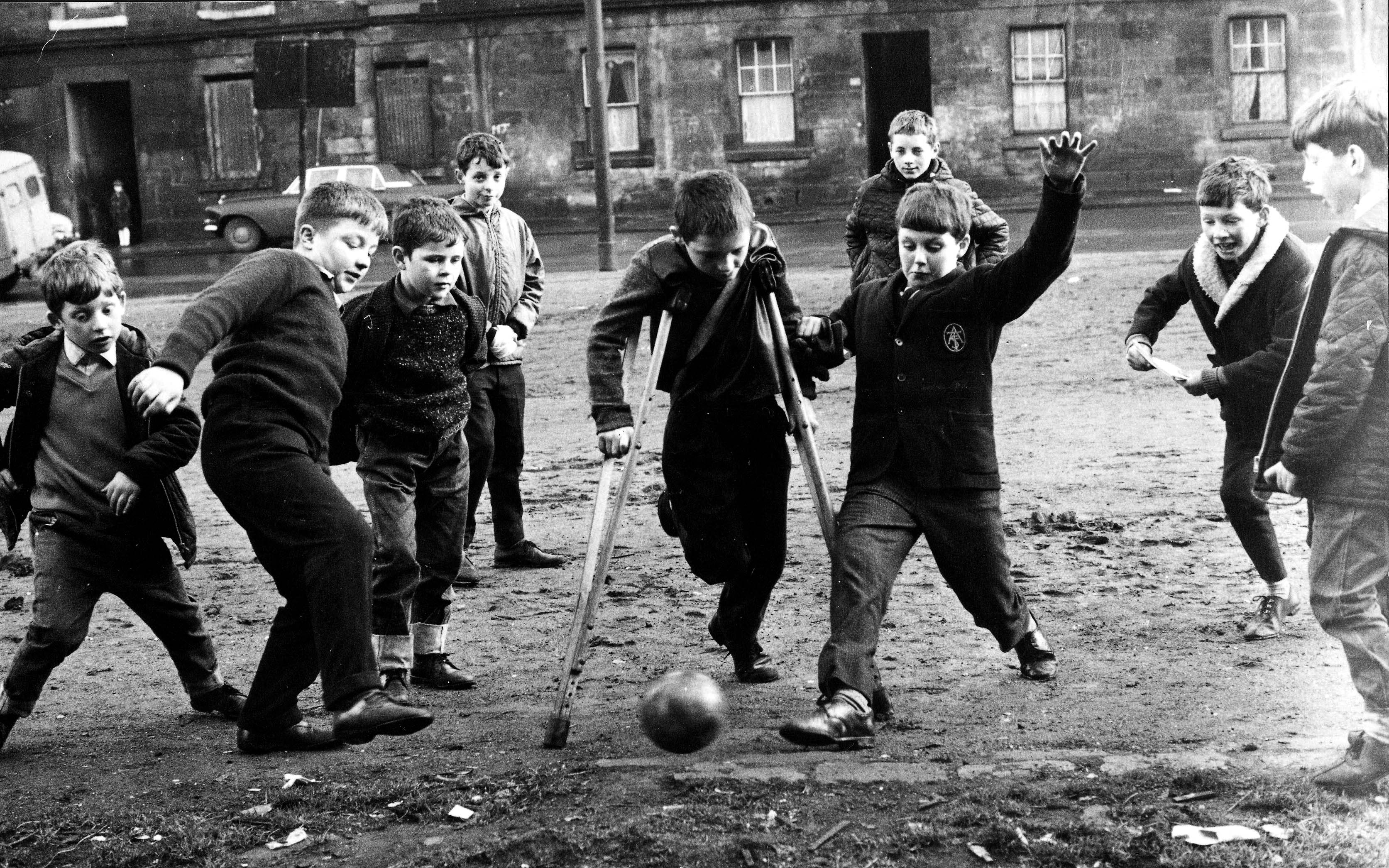
YOUNGSTERS who can hit a ball are better at sums, according to research.
The study suggests hand and eye co-ordination, developed in the playground, may have a beneficial role in the classroom.
Co-authored by Aberdeen University’s Dr Justin Williams, the research reveals primary school pupils good at hitting an object are up to 15% better at maths.
Professor Grant Jarvie, founding director of Edinburgh University’s Academy of Sport, said a link between sport and academic achievement was inevitable.
“Education needs sport, sport needs education and Scotland needs both,” he said. “We have an evidence base that supports sport as a valuable educational tool.”
For the study, 309 primary school children aged between four and 11 played a computer game using a custom-made joystick to hit targets moving from left to right across the screen.
Using a computer simulation rather than a real bat or ball meant any number of children could face exactly the same test.
The youngsters had six swings at each object which travelled at three different speeds, and came in three different sizes.
According to the report: “For every five additional targets hit, the model estimates an average increase of 15% on latent mathematics score for that individual. Interceptive timing ability can predict mathematical performance in primary school children”.
The report added: “The relationship between interceptive timing ability and mathematics is likely to be complex, since it is a matter of common observation that not all elite sports people are excellent mathematicians, while many people with physical disability excel in mathematics.”
It has been shown that the Daily Mile fitness initiative, which began in Stirling, improves pupils’ behaviour and concentration levels.
The innovation has now been adopted by scores of nursery and primary schools across Britain, with pupils getting up from their desks and taking 15 minutes to walk or run round the school or nearby park.
Julie Procter, chief executive of charity Greenspace Scotland, stressed the importance of children getting to play at school.
“Play is an essential part of every child’s life,” she said. “And we know that greenspaces can help them develop social skills and confidence. What this study shows are that the games played can also help them become better learners too.”
David Jenkins, founder of Sports Therapy Scotland, said sport and learning were interlinked.
“This is not just about catching a ball because taking part in sport can help young people get into the habit of solving problems and making good decisions,” he said.
Dr Jarvie added: “The UN universal mandate for sport recognises that it engages better learners, builds positive teacher-pupil relationships, reconnects young people to formal learning environments, boosts educational capability, confidence, mental health as well as working and social lives.”

Enjoy the convenience of having The Sunday Post delivered as a digital ePaper straight to your smartphone, tablet or computer.
Subscribe for only £5.49 a month and enjoy all the benefits of the printed paper as a digital replica.
Subscribe